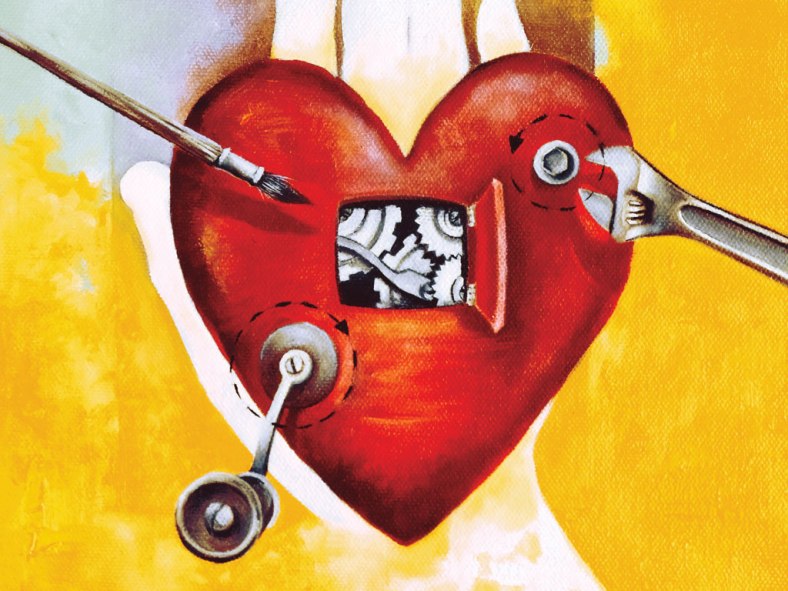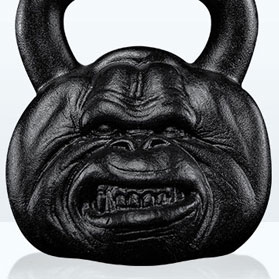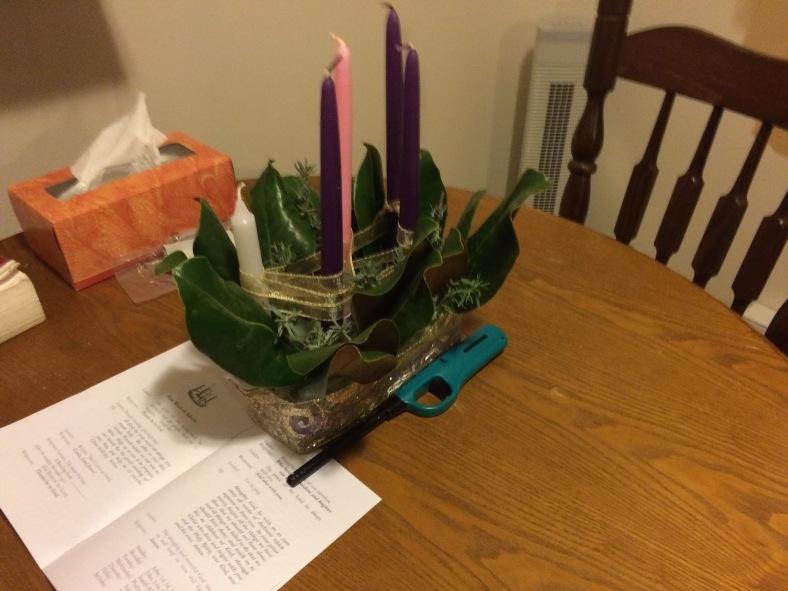
Labor of Love – Tennessee Alumnus Magazine
Joy can be an evasive little bugger.
I know, as the children’s song tells us, it’s down in my heart, but I often think it’s near the very bottom, in the impenetrable depths.
I still look for her on a regular basis, though, and I’m not always sure what I’m looking for when it comes to joy. Is joy the same as contentment? Happiness? Excitement? When I find her, do I know right away, or will she slip me by unawares? I know we’ve met and hung out on numerous occasions, but with the nation led by the people in power today, will we meet again? If so, how will I know?
I look for joy in the articles, congressional bills, and books I read everyday. I look for her in time spent laughing with my fiance on the couch, planning our wedding, and snuggling with our kitties. I started this blog to reflect on my encounters with joy while dealing with anxiety and in my geeky hobbies and interests. Ironically enough, I’m worried I don’t write enough about the “freaking and geeking” part of my blog and will have to change the name.
I even asked about joy at my meeting with my spiritual director on Monday.
We sat in her living room, a fire crackling away in the hearth, filling the room with a comforting smokey smell, and talked about my anxiety, wedding planning, and my political activism. We talked about seeds planted by professors and the importance of communication between couples. I told her how I want to go on hikes and reconnect with the world around me, because so much seems disconnected. I told her how standing in the dirt barefoot in my front yard is the closest I’ve felt to the earth in a long time, how I am struggling to look at people as equal in humanity and divinity with me, and how I’m pretty sure this desire and this struggle are connected.
We didn’t reach a conclusion about joy at the end of the session. In fact, I only left with more questions, which I’ve learned are frustrating and necessary results of spiritual direction.
I know I’m not unhappy.
I know I am often content.
I also know I am often frustrated, concerned, and active.
But at the same time, I am engaged with and interested in the world around me in ways I’ve never been before. I am uncomfortable because I’m listening to the worldviews and life stories I have closed my ears from hearing for so long, but in the discomfort, healing and greater insight are growing. I am frustrated because the people with the most power in this country seem incompetent and uncaring, but I am making my voice heard for the first time in my life regarding these issues and am joined by countless others.
I guess you could say I’m finding joy in the pain.
I still don’t really know what this says about me, though. I’m unsure if it’s because I’m a drama queen or a glutton for punishment, a white savior or an ally, someone exploiting a movement for her own gain or someone trying her best to make a better world possible. Maybe I’m a bit of all of these, and I’m learning to make better choices despite my initial intentions.
I know for sure that I am both overwhelmed with the scope of what we as a nation are facing, and I am feeling so alive in meeting it head on instead of avoiding it.
Maybe, for now, this is joy enough for me.















